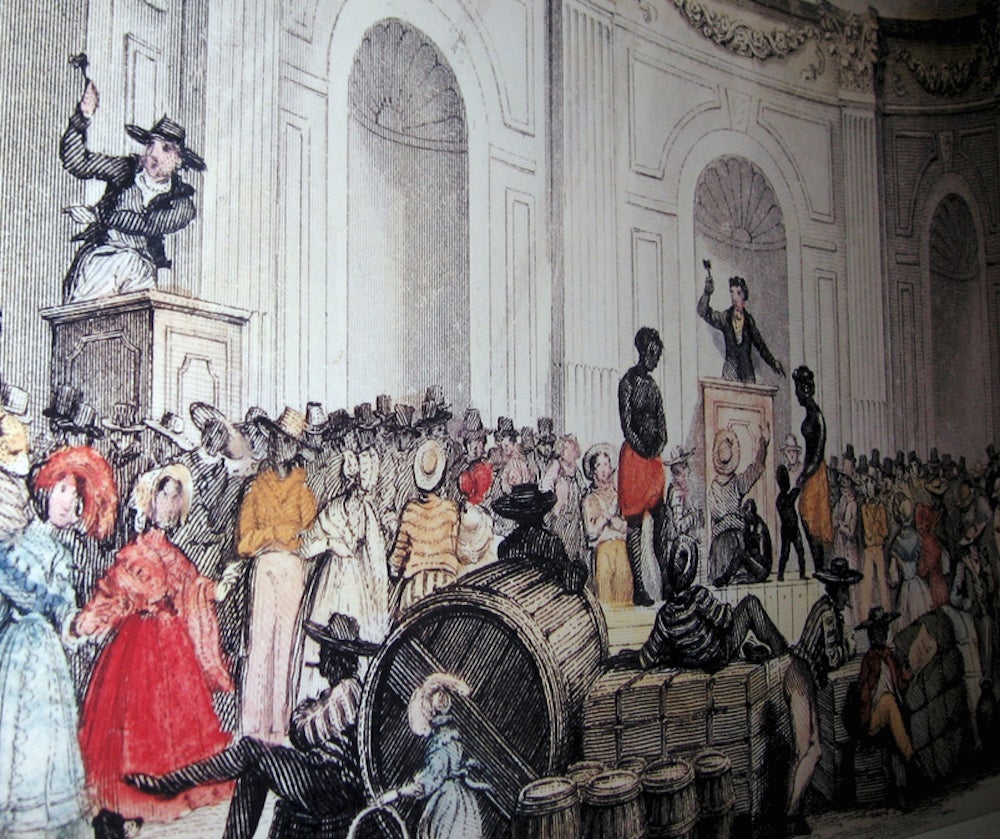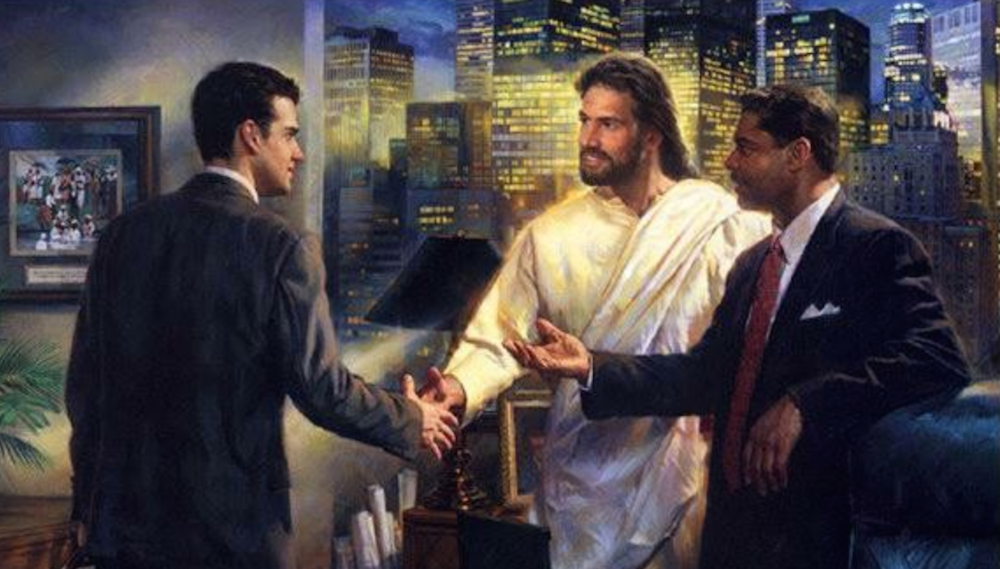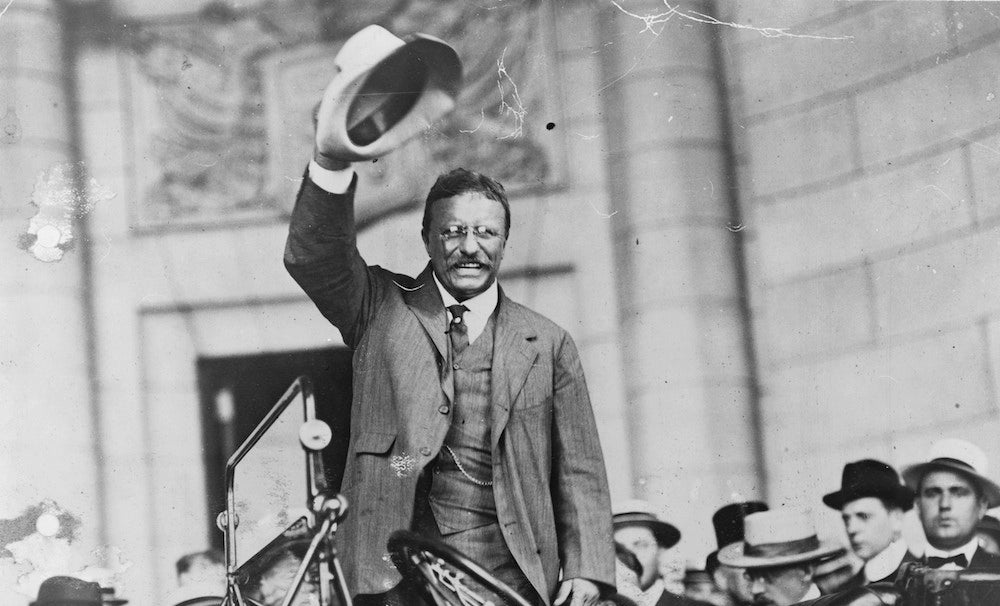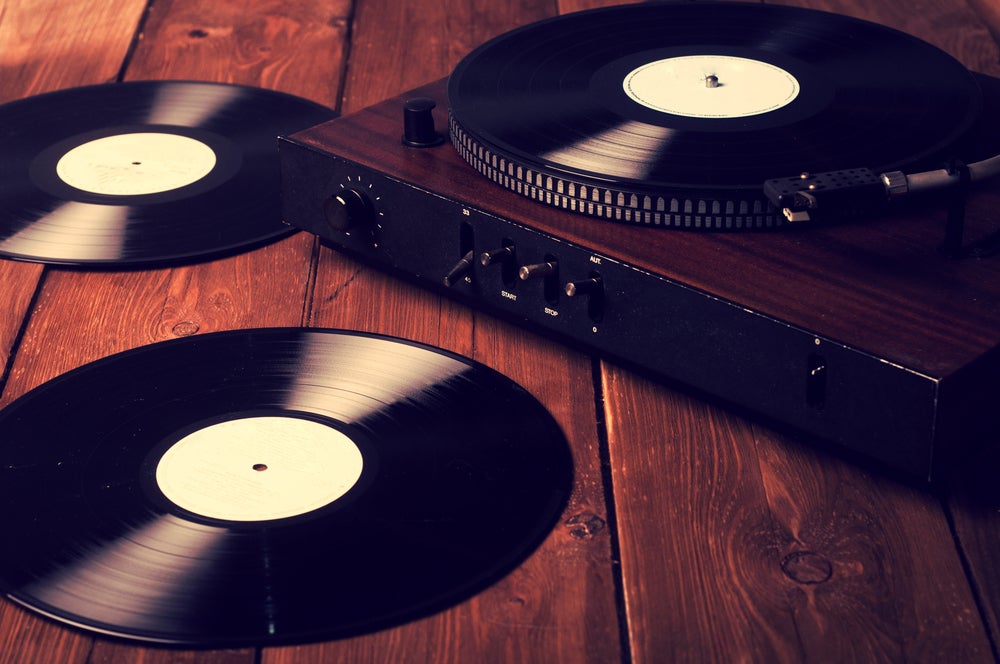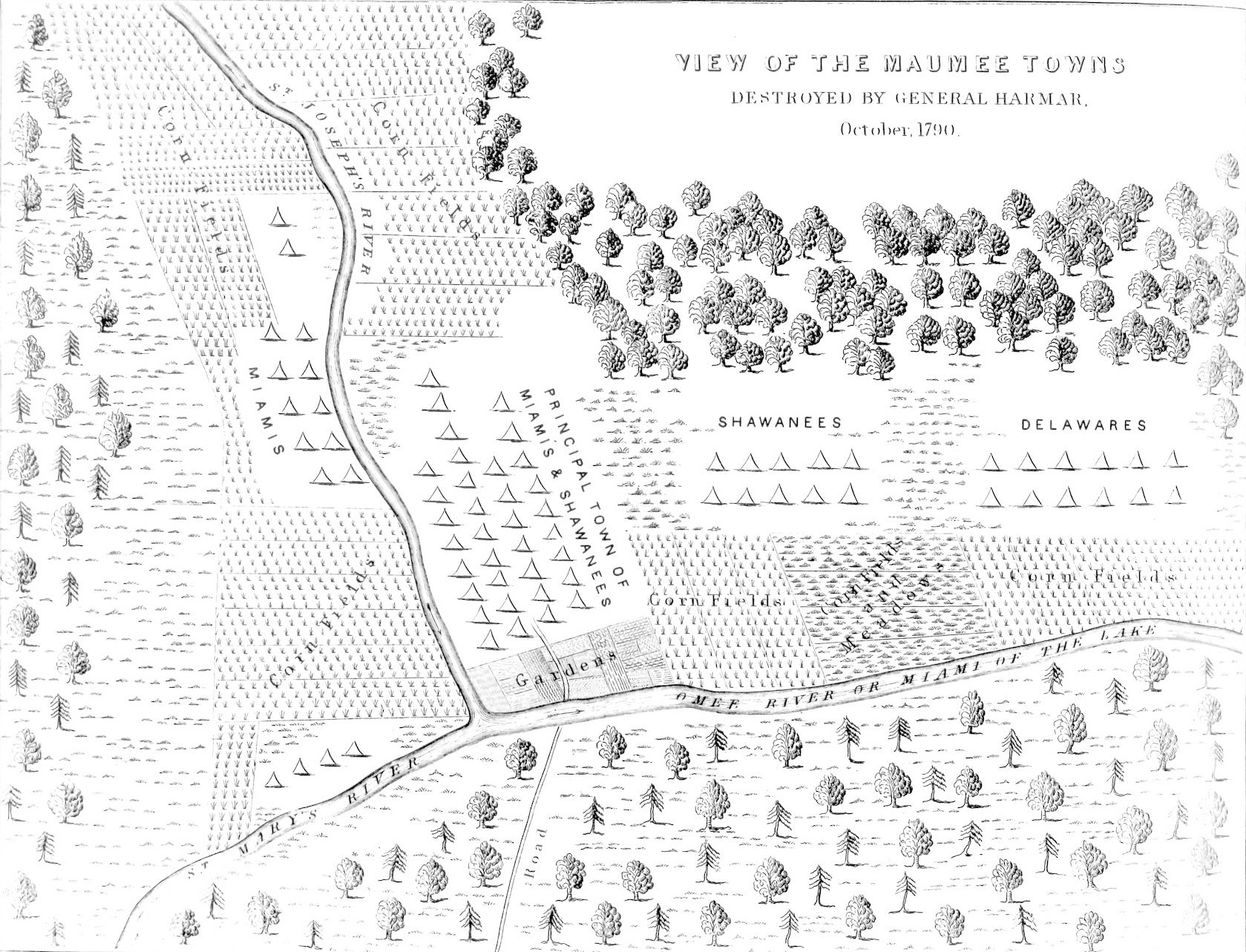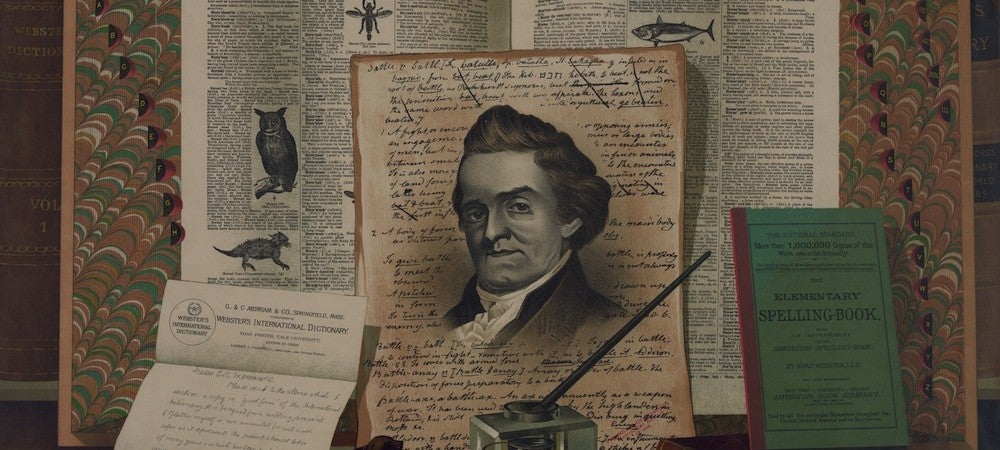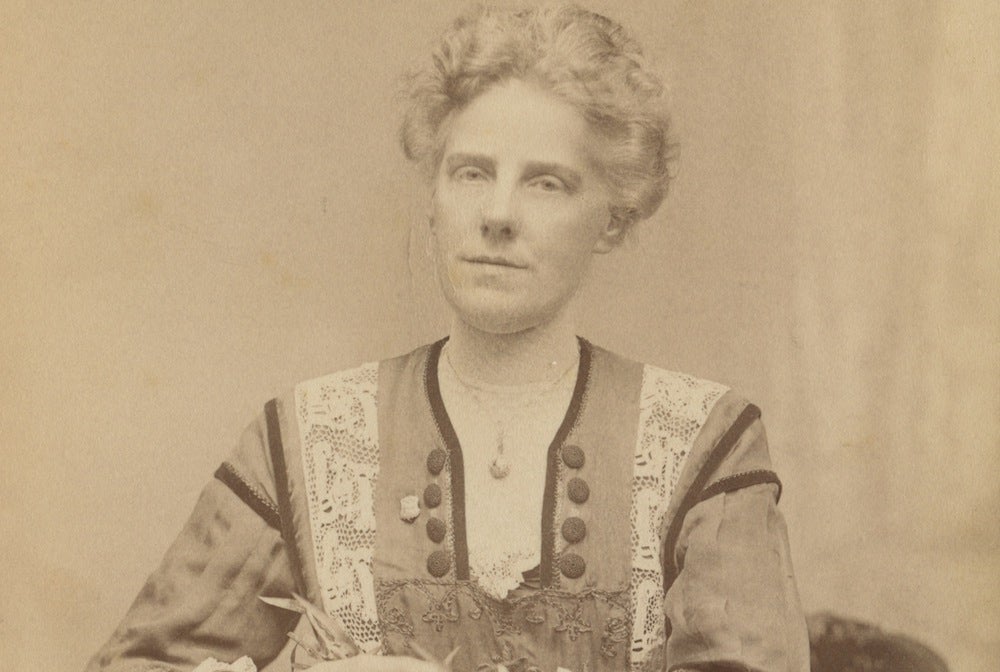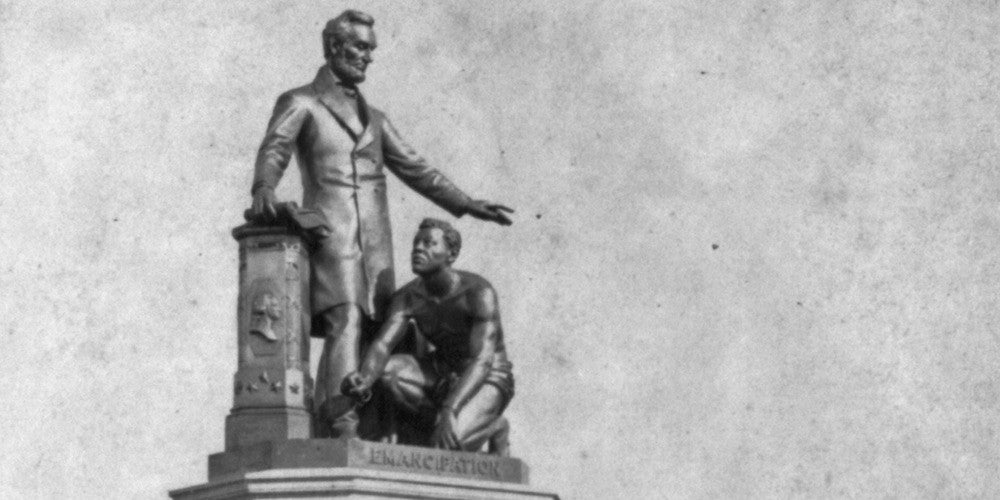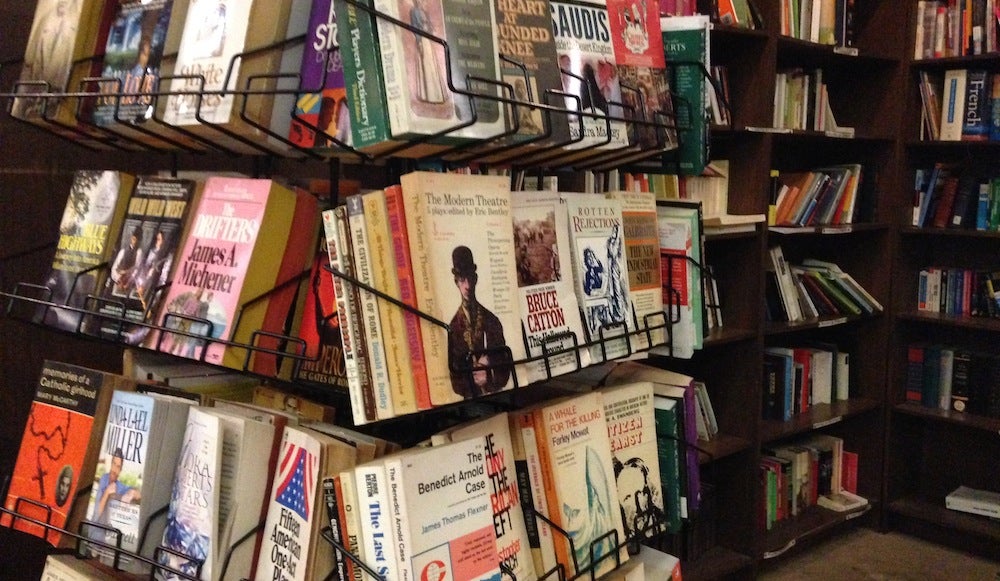Abolition and Emancipation Were Not the Same Thing
After the Civil War, Rose Herera Wanted More Than Freedom—She Wanted Justice
Early in 1865, in the city of New Orleans, a newly freed woman named Rose Herera made a startling allegation. She told a local judge that her former owner’s wife, Mary De Hart, had abducted three of her children and was holding them in bondage in Cuba. She wanted De Hart prosecuted for kidnapping, and she wanted her children back.
In histories of slavery, we often hear about people who wanted to be free. But Rose Herera and countless other men …


